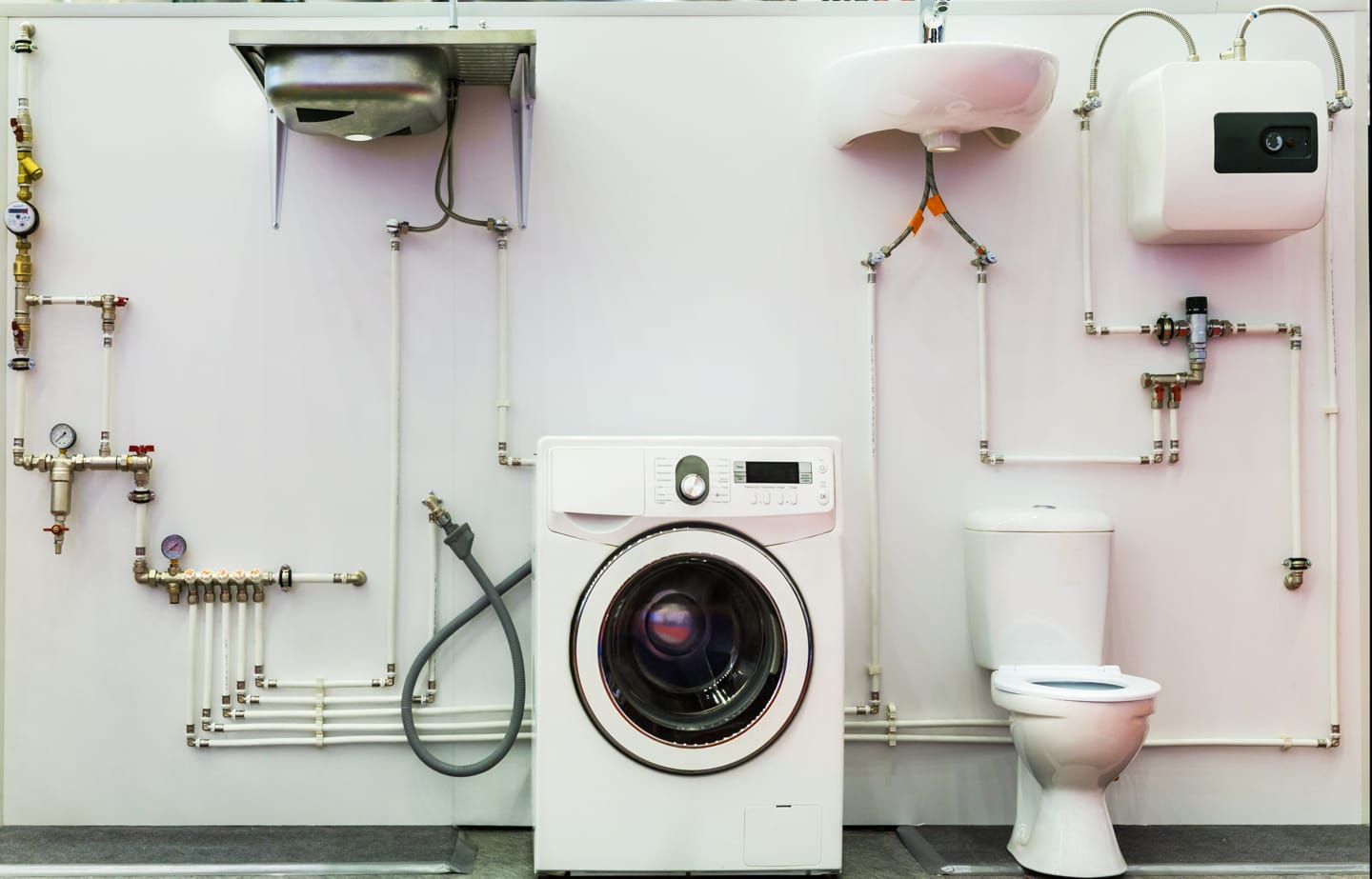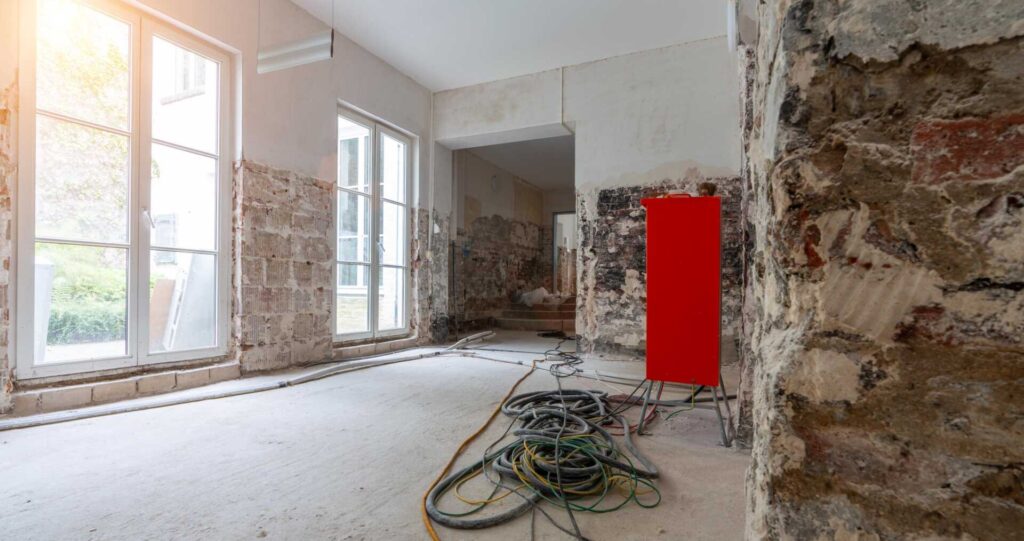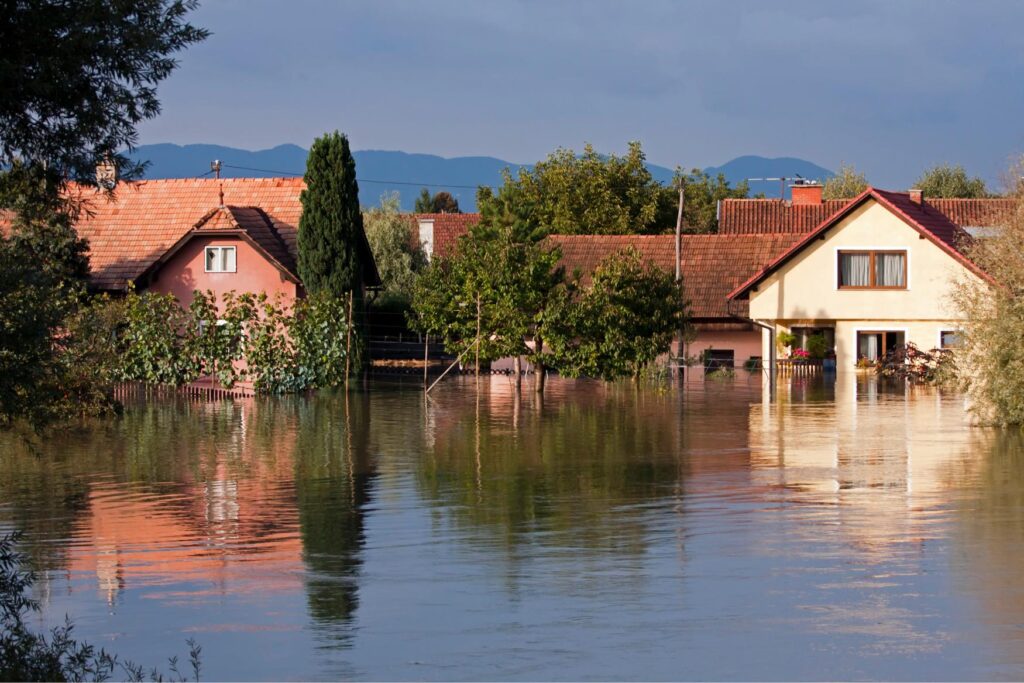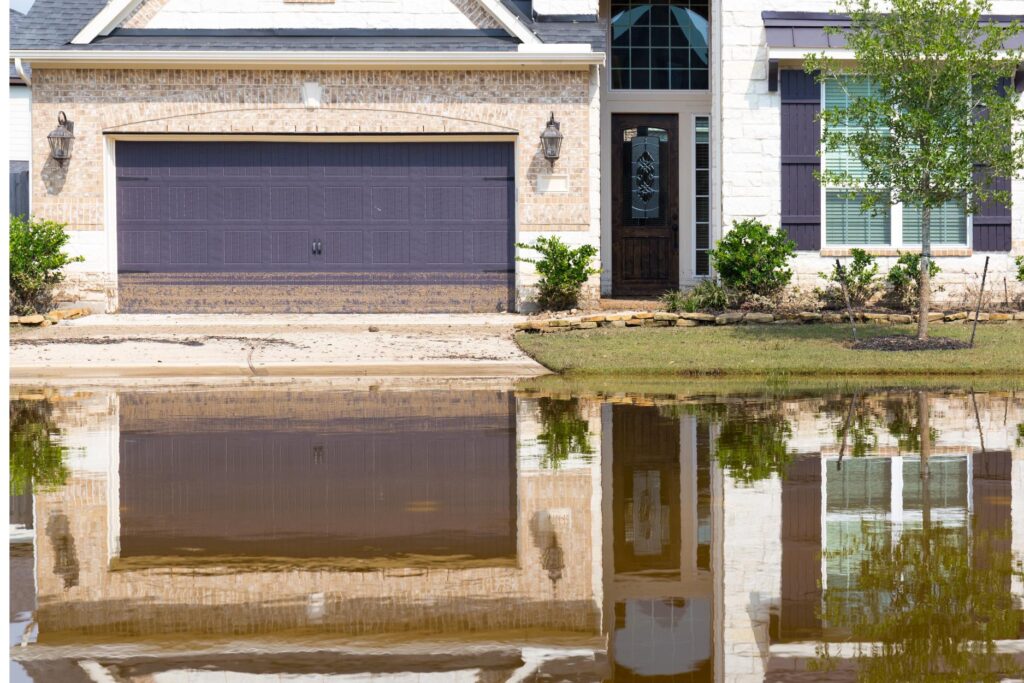Contents
The importance of understanding your home’s plumbing system
As a homeowner, it’s important to have a basic understanding of your home’s plumbing system. Not only will this knowledge come in handy in the event of a plumbing emergency, but it can also help you save money by allowing you to perform simple maintenance tasks on your own and recognize potential problems before they become major issues.
Your home’s plumbing system is responsible for distributing clean water throughout the house and removing wastewater from your property. It consists of a network of pipes, fixtures, and appliances that work together to bring water in and out of your home.
An overview of the basics of a residential plumbing system
The main water supply line is the pipe that brings fresh water into your home from the municipal water supply. It is typically located in the front of the house, near the street. It’s important to know where this line is located because, in the event of a plumbing emergency, you will need to shut off the main water supply to stop the flow of water. You can do this by locating the main shut-off valve, which is usually located near the water meter.
Once the water enters your home, it is distributed throughout the house using a network of pipes. These pipes can be made from a variety of materials, such as copper, plastic, or steel. The pipes that bring fresh water to your fixtures and appliances are typically located within the walls, while the pipes that carry away wastewater are usually located under the floors or in the basement.
Your home’s plumbing system also includes a system of drains and sewers that work to remove waste water from your property. The main sewer line is the pipe that carries wastewater from your home to the municipal sewer system or a septic tank. It’s important to keep this line clear of debris, as a blockage can cause sewage to back up into your home.
In addition to the pipes, your home’s plumbing system includes various fixtures and appliances that use water. These can include sinks, toilets, showers, and washing machines. Proper maintenance of these fixtures and appliances is important to ensure they are functioning properly and efficiently.
Finally, your home’s plumbing system may also include a water heater, which is responsible for heating the water that is used in your home. There are several different types of water heaters, including tankless water heaters and traditional storage tank water heaters. It’s important to properly maintain your water heater to ensure it is working efficiently and to extend its lifespan.
In Conclusion
Understanding the basics of your home’s plumbing system is crucial for any homeowner. It can help you identify and fix minor issues, save money on costly repairs, and ensure that your plumbing system is functioning properly. Don’t be afraid to get your hands dirty and learn more about your home’s plumbing – you never know when this knowledge will come in handy.




